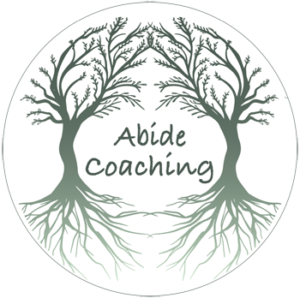“Time is what we want most, but what we use worst.”, William Penn. This quote is on the right side of every page of my website for a reason. The phase is true for so many people. It is about to get very busy; summer is beginning to an end and school is coming. Many adults are overwhelmed during the school year with all of their children’s activities and their own responsibilities.
For kids it can be just as overwhelming. Along with school most children today participate in sports practices, music lessons, band rehearsals, clubs, and religious education, – on top of their homework, chores, and friends and so many other responsibilities. It is no wonder that so many kids seem scattered especially those who are transitioning into middle school or high school. We ask so much of them but don’t give them the skills to succeed. Organizational skills which include spatial organization, mental organization, time management and goal setting, are as important as reading and writing. These skills are needed throughout our lives but not taught at school. Many of us never use much of what we learned in school. For example, I have never been asked to find ‘x’ or balance a chemical equation but I do still think it is important for all students to learn. I do, however, have to plan my time, break down out large projects into manageable pieces, and find what I need when I need it. These skills are highly transferable and everyone needs them regardless of their career.
You can help your child develop these skills. Not all children have them naturally but they can be taught. Here are some ideas to try with them depending on their ages:
- Give them chores if they don’t already have them that include sorting, categorizing and pre-planning. Examples: Emptying the dishwasher, Sorting, folding and putting away laundry, Cleaning out their own closets.
- Cooking together teaches many skills. Meal planning, grocery shopping with a budget, measuring, following directions and timing so everything is done cooking at the same time. Depending on their age and skill eventually aim towards them cooking independently. The meals may be simple at first but that is okay, both the cooking skills and the organizational skills will serve them well later in life. Each of my three children makes dinner once a week. Bonus- A night off for you!
- Establish a “study hour” regardless of how old your kids are! Here are the ground rules – No TV! No mobile phone! No internet unless truly needed for a homework assignment. Other than those there should be no rules. Some children like to listen to music, some like quiet, some like to be around other people. Some like to be surrounded by piles of work needing to be completed, some like a cleared off space. Some like to be comfy so they prefer to work in their bed. The point here is that your kids aren’t you. Listen to what they want. Organizational style is as personal as clothing styles or taste in music.
- Download this weekly planner from my website or buy your children a planner broken down by the hour. I know they may prefer their phones. I promise they can go back to their phones. I use mine too. This planner is just an exercise in understanding time. Have them use different color highlighters to block off times committed to school, homework, chores, clubs, sports practices, music lessons, etc. Now they can physically see the time that is already spoken for during their day. They may want to include time spent sleeping, eating and getting ready for the day. Have them do it for two weeks or so then they should reflect on how accurate their planner was. Did everything take as long as they thought or did some tasks/activities take longer? They should re-adjust what they block off when they do the next week’s planner page. They should continue the exercise until they are closer to estimating the actual times it takes them to do tasks/activities. This exercise will help them understand how long certain activities take them to complete.
